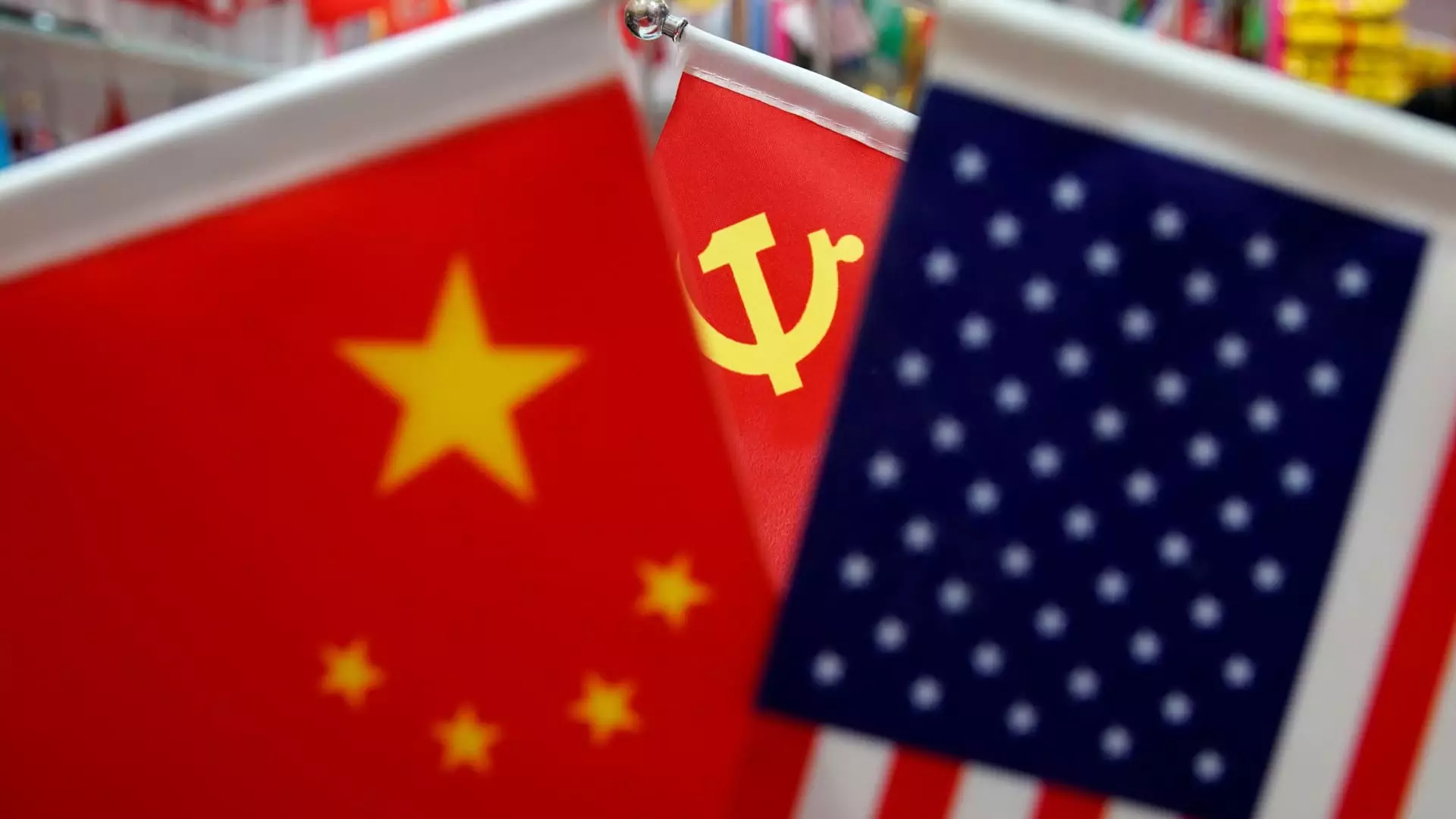As political landscapes shift, the relationship between China and the United States remains a focal point of international economics and diplomacy. With the announcement of Donald Trump as the upcoming U.S. President, speculation continues to grow regarding the implications of his policies on trade, particularly those targeting Chinese goods. An official statement from He Yongqian, a spokesperson for China’s Ministry of Commerce, emphasized China’s eagerness to foster cooperation based on mutual respect and peaceful coexistence, demonstrating a clear desire to navigate the complexities of ongoing trade disputes.
The prospect of heightened tariffs under Trump’s administration is a significant concern for Chinese officials. Recent statements have indicated a commitment to resolving differences through dialogue and expanded communication. The context is particularly precarious, as Trump’s administration has historically adopted a more aggressive stance against China, which has raised fears of escalating trade restrictions. Trump has previously threatened new tariffs that could affect high-tech imports from China, a sector crucial for both economies, thus complicating any negotiation efforts.
Economists are divided on the potential impact of Trump’s trade policies. Yue Su, an economist at the Economist Intelligence Unit, anticipates that tariffs could be implemented swiftly, potentially as soon as the first half of the upcoming year. The use of the International Emergency Economic Powers Act has been suggested as a mechanism for the President to initiate these tariffs, indicating a willingness to act decisively in the face of economic challenges. This stance underscores the volatility surrounding U.S.-China trade relations and the uncertainty felt by multinational corporations operating in both markets.
Conversely, some analysts express a more tempered outlook. David Chao from Invesco outlines a more nuanced perspective, suggesting that while the proposed tariff strategies could paint a bleak picture, they may not materialize as devastatingly as anticipated. According to Chao, the administration may prefer to utilize threats of tariffs as leverage to secure concessions—such as increased agricultural purchases—rather than implementing them in full force. This presents a potential opening for negotiation, which could benefit both nations if managed effectively.
Regardless of the immediate outcomes of trade negotiations, the global economy remains intertwined. A significant increase in tariffs on Chinese exports to the U.S. could ripple through international markets, affecting not only China but also the broader Asian economy. Thus, the stakes are raised not just for bilateral relations but for global economic stability. The call for cooperation is not merely an attempt to resolve issues between two powerful nations; it is also vital for sustaining stability and growth across the international economic landscape.
China’s position reflects a strategic willingness to engage in constructive dialogue with the U.S. amidst uncertainties that could reshape economic relations profoundly. As both nations prepare to navigate these challenging waters, the focus will remain on avoiding escalations while working towards a framework that promotes mutual benefits. The world watches closely as these crucial negotiations unfold.


Leave a Reply